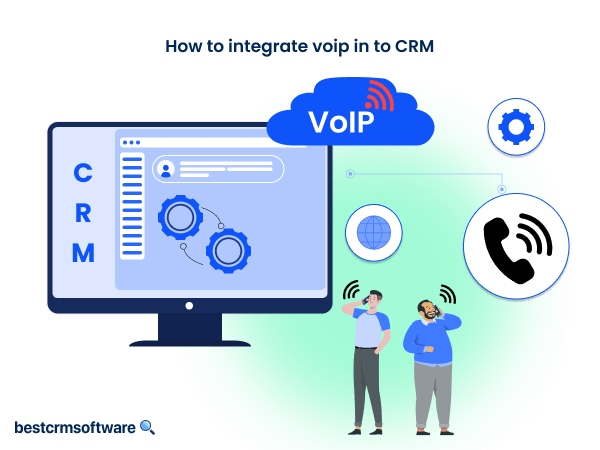
How To Become an Administrator in NetSuite
Quick introduction:
NetSuite’s robust features and functionalities empower businesses to streamline operations, manage finances, and drive growth effectively. As an administrator, you play a pivotal role in harnessing the full potential of NetSuite within your organization.
As a NetSuite administrator, expanding your knowledge of the cloud-based suite is crucial. This allows you to educate end users on its current and upcoming functionality, ensuring maximum organizational benefit.
But with NetSuite’s constant evolution, it’s challenging. That’s where NetSuite administrator certification comes in, equipping you to effectively manage and support your organization’s solutions.
Note: NetSuite administrator certification is for SuiteFoundation holders with at least a year of complex account management experience and comprehensive NetSuite proficiency.
What are the Roles of NetSuite Administrators?
The roles of NetSuite administrators are as follows:
1. User Management
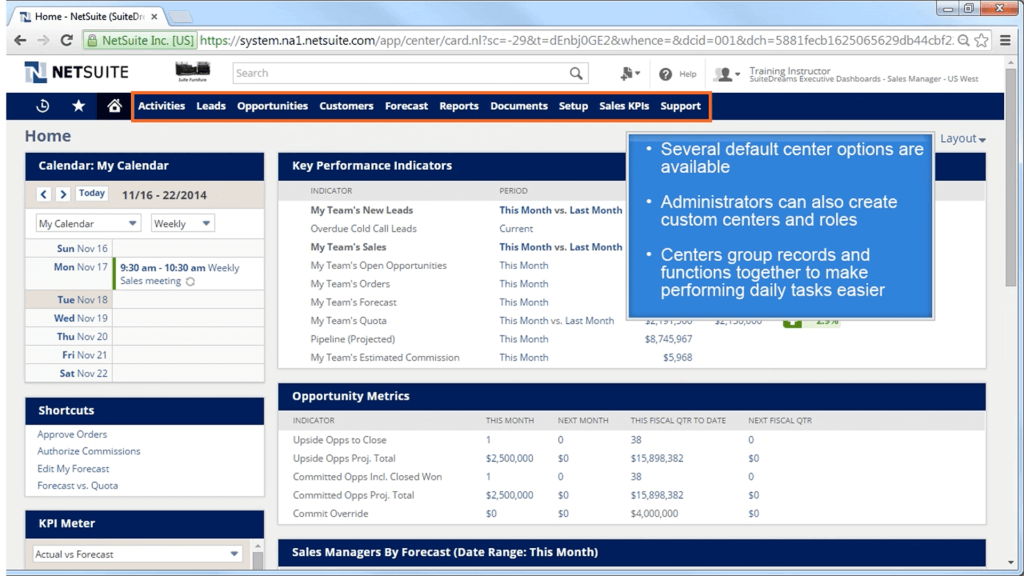
- Manage user access and permissions.
- Create, modify, and delete user accounts.
- Set up roles and customize permissions based on job roles.
- Monitor user activity and ensure security compliance.
2. Customization and Configuration

- Customize dashboards, forms, and fields to align with business needs.
- Configure workflows to automate processes and streamline operations.
- Manage custom scripts and workflows for advanced customization.
- Tailor NetSuite to fit specific industry requirements and workflows.
3. System Administration
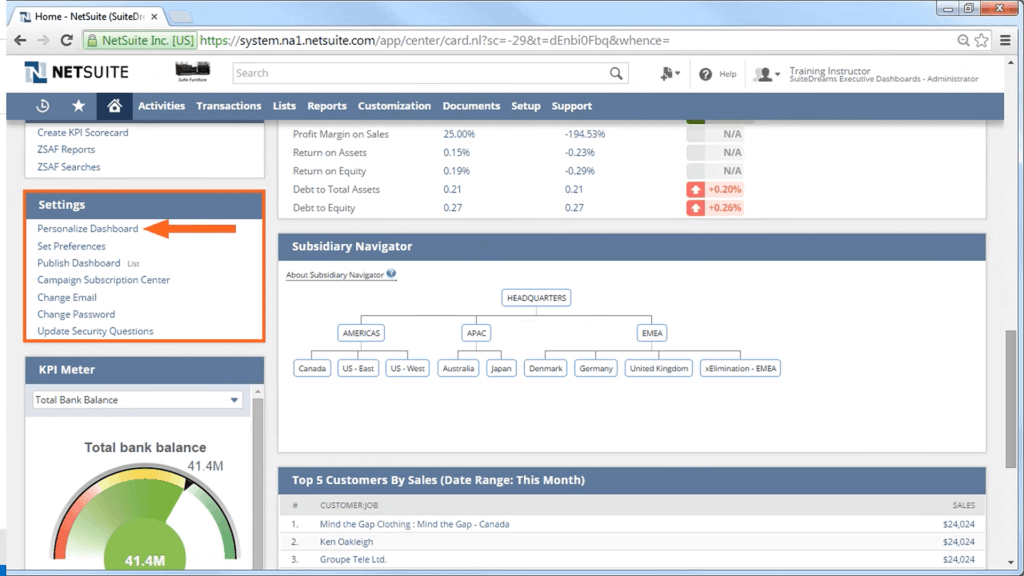
- Monitor system performance and troubleshoot issues.
- Manage system preferences and configurations.
- Handle integrations with third-party applications and systems.
- Ensure data integrity and perform regular data backups.
4. Reporting and Analytics

- Generate and customize reports to track key metrics and performance.
- Analyze data trends and make data-driven decisions.
- Utilize built-in analytics tools or integrate with external BI tools.
- Provide insights to stakeholders for strategic planning and decision-making.
Thus, as a NetSuite administrator, you play a vital role in managing, customizing, and optimizing NetSuite to support your organization’s goals and objectives.
What does a NetSuite Administrator do?
The person administering NetSuite utilizes the administrator role to effectively manage and optimize the NetSuite system:
The Key Responsibilities of a NetSuite Administrator
- Overseeing NetSuite Implementation: The NetSuite administrator leads the initial implementation of the NetSuite application within the organization.
- Managing Ongoing Administration: The NetSuite administrator continuously manages the administration of the NetSuite application to ensure smooth operations.
Key NetSuite Administrator Tasks
1. Daily Account Maintenance: NetSuite certified administrator conducts daily maintenance and management of NetSuite accounts.

2. Technical and System Administration: The NetSuite admin handles technical aspects such as configuration and integration to optimize system performance.
3. Serving as Point of Contact: NetSuite certified administrator acts as the primary contact for end users and liaises with NetSuite Support as needed.
4. Facilitating System Adoption: The NetSuite admin supports user adoption through training, support, and addressing user requirements.
5. Planning and Customizing NetSuite: NetSuite certified administrator plans, reviews, and customizes NetSuite to align with user needs and organizational goals.

6. Data Extraction and Monitoring: NetSuite administrator assists with data extraction through reporting and searches and monitors system usage and performance.
7. Ensuring Data Quality: NetSuite admin maintains the quality of account data and conducts regular data audits to resolve integrity issues.
8. Development and Rollout: NetSuite admin develops tests, conducts functional testing, and rolls out customizations, enhancements, and integrations based on user/business needs.

A Step-by-Step Guide on How to Become a NetSuite Administrator
Becoming a proficient NetSuite administrator requires a deep understanding of the business management suite and its continuous development. This journey not only validates your existing knowledge but also enhances it further.
The steps to become a NetSuite administrator are:
1. Exam Preparation for NetSuite Administrator Role
- Begin your journey by taking the SuiteFoundation exam to build a solid foundation of knowledge.
- Progress to the NetSuite Administrator Certification exam to validate your expertise.
- Utilize online training resources to enhance your skills in SuiteAnalytics, SuiteCloud, and SuiteFlow.
- Whether you are refreshing your memory or starting from scratch, consider brushing up on essentials or opting for fundamentals if your basic knowledge needs reinforcement.
2. Application Process for NetSuite Certified Administrator
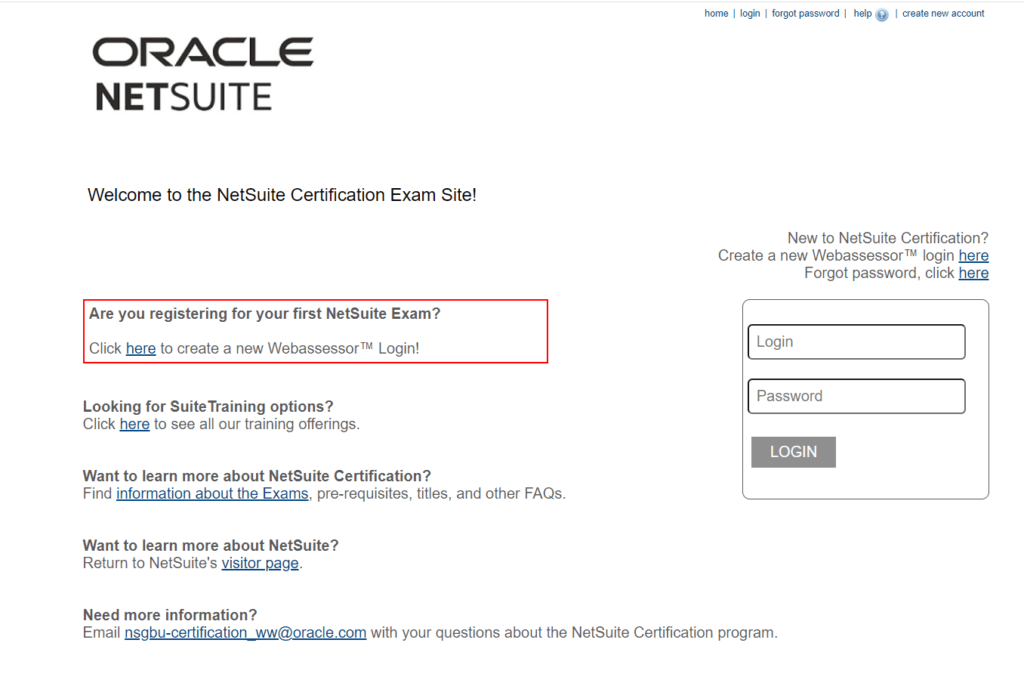
- Apply for the NetSuite Administrator Certification exam once you have at least one year of experience in management and configuration.
- Keep in mind that the exams evaluate both practical and theoretical knowledge, ensuring a comprehensive assessment.
3. Reinforcement of NetSuite Administrator Skills
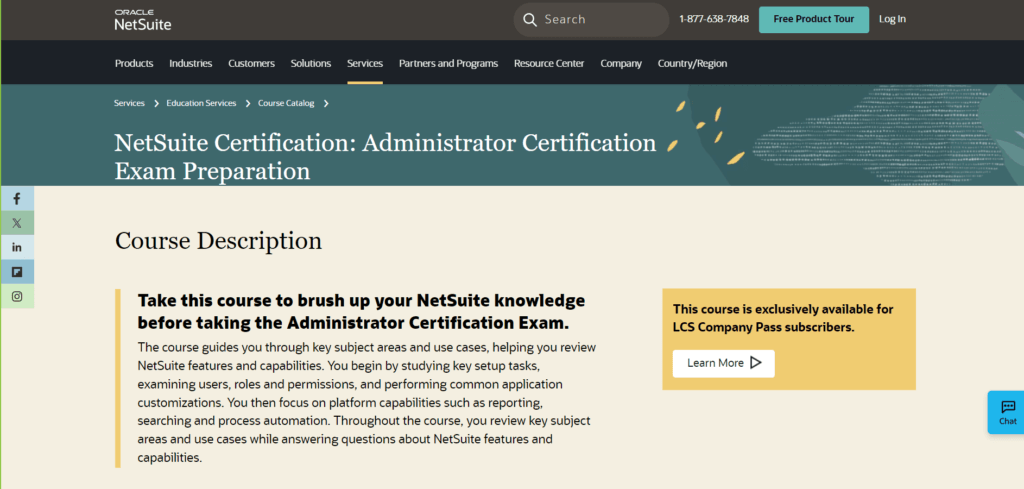
- Enroll in an administration exam preparation course to solidify your understanding and readiness.
- Aim to schedule the exam promptly, ideally within a month after completing the course, to maintain momentum and capitalize on the freshly acquired knowledge.
4. Importance of NetSuite Certification

- Identify and address any weak areas by taking advantage of certification exams.
- Utilize resources such as user guides, SuiteAnswers, NetSuite Support, and Help documentation to ensure thorough knowledge testing.
- Enhance your confidence and decision-making abilities in NetSuite operations by staying updated with annual quizzes and rewritten certification title exams every three years.
- Reduce dependency on third-party support services by committing to ongoing certification and staying informed about NetSuite updates.
Final Words
Becoming a NetSuite administrator requires focused preparation and consistent practice. By taking the SuiteFoundation and NetSuite Administrator Certification exams, individuals can prove their expertise in managing NetSuite solutions.
You should keep upskilling yourself and stay updated with NetSuite’s advancements to maintain the certification. As a NetSuite administrator, you can effectively contribute to your organization’s success by leveraging the available resources and navigating the software’s complexities.



